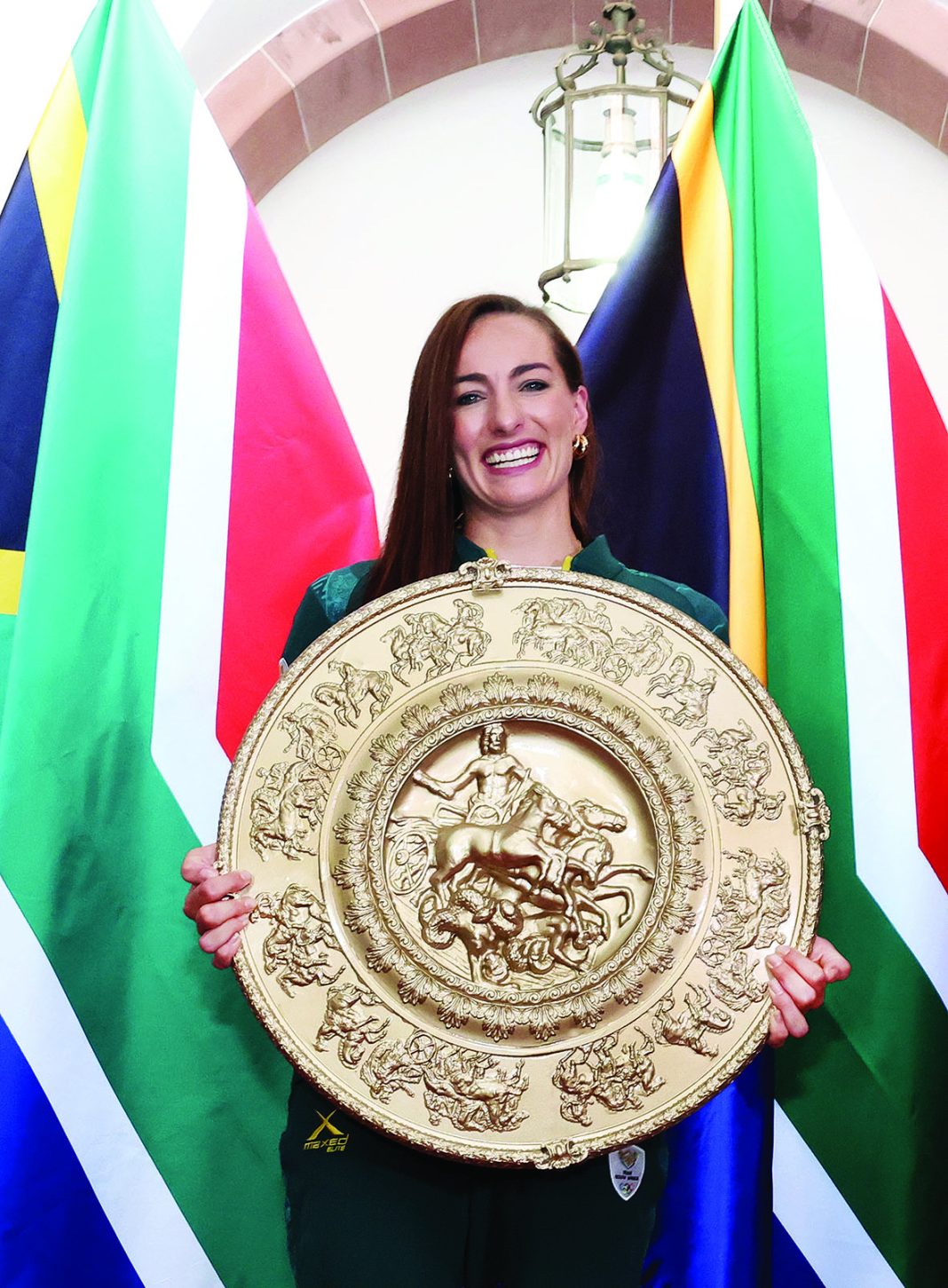By Sumayya Khan
Sport is a unifying force, transcending race, class and nationality boundaries. Athletes’ achievements on the global stage serve as a powerful reminder of our shared humanity.
From the crowd’s roar in a packed stadium to the collective pride felt when a national team and individual athletes triumph, sport uniquely brings people together.
It fosters a sense of belonging and community, promoting social cohesion in ways few other activities can. As we celebrate these moments of triumph, we also celebrate the power of sport to bridge divides and build a more inclusive society.
2024 has been a phenomenal year for SA sports, filled with remarkable achievements and memorable moments. Some of the highlights of the major codes of sport and Team South Africa’s performance at the Olympic and Paralympic Games bear testimony that we are indeed a winning nation.
Olympics and Paralympics: SA won six medals at the Paris 2024 Olympics and six at the Paralympics, showcasing the talent and dedication of our athletes. Tatjana Smith, SA’s most decorated swimmer, won gold in the 100-metre breaststroke and silver in the 200-metre breaststroke. Other outstanding performances came from athletes Akani Simbine and Bayanda Walaza, whose performance in the 4x100m relay earned the team a silver medal with a time of 37.57 seconds, setting a new African record.
Rugby: The Springboks won the Rugby Championship, while the women’s team made their Olympic debut and won the Rugby Africa Women’s Sevens title.
Football: Bafana Bafana came third at the Africa Cup of Nations (Afcon) and won a bronze medal. Ronwen Williams was named Goalkeeper of the Tournament and earned recognition as one of the world’s top goalkeepers.
Cricket: The men’s and women’s teams reached the finals of their respective ICC T20 World Cup matches. Kagiso Rabada became the fastest bowler to reach 300 Test wickets, achieving this milestone in just 11,817 balls.
Netball: The Spar Proteas recently faced off against the Malawi Queens in a thrilling netball series in Johannesburg. SA showcased their skill and teamwork with standout performances.
Athletics: Bayanda Walaza, 18, won a silver medal as part of SA’s 4×100-metre relay team at the 2024 Paris Olympics. He also clinched gold in both the 100 metres and 200 metres at the 2024 World Athletics U20 Championships in Lima, Peru.
Swimming: Chad le Clos became the most decorated swimmer at the Swimming World Cup, capping off an iconic haul of one gold, two silver and one bronze.
These outstanding athletes started their journey at schools offering physical education and sports. Grassroots programmes and community sports initiatives are vital in identifying and nurturing talent from a young age, ensuring a steady pipeline of athletes who can compete at higher levels.
Mass participation and development in sports are crucial for fostering a healthy and active society. We can promote physical fitness, mental well-being and social cohesion by encouraging people of all ages and backgrounds to engage in physical activities.
In September 2024, Sports Minister Gayton McKenzie and Basic Education Minister Siviwe Gwarube signed a Memorandum of Understanding to formalise the relationship, identify the partners and stakeholders, and articulate the roles and responsibilities in providing access to sports programmes in schools nationwide.
School sports is the bedrock of sports development in SA and the platform to transform it from a dominant minority representation to a majority inclusive reality.
The Eminent Persons Group report highlights several critical issues and areas for improvement in our school sports system. According to the report, less than 10% of the country’s 25,000 schools participate in sports, which is a significant concern.
The report emphasises the need for increased collaboration between the departments of sport and basic education to address these challenges. The lack of resources and opportunities in underprivileged areas makes it difficult for young talent to be nurtured properly.
The report calls for a more inclusive and equitable approach to ensure all learners can participate and excel.
Physical education and sports must be offered in every school to ensure learners develop skills early. Sports federations must identify the talent, take custody of young athletes and develop and prepare them for their rightful places in the national, continental and Olympic teams.
The commitment from Minister McKenzie to provide sports equipment and attire worth R67 million, the adoption of regular participation guidelines to promote school sports leagues at a local level, and the hosting of school sports activities are positive steps. However, they must be supported by an enabling environment of provision of infrastructure, access to opportunity, and commitment from all role-players.
Minister McKenzie has articulated his efforts to aggressively engage the private sector’s contribution to sports development and lobby for tax incentives for those contributing to sports.
In a speech at the National Sports Indaba in 2011, Gert Oosthuizen MP, then the Deputy Minister of Sport and Recreation, stated: “No country can expect to achieve and sustain success at an elite level without a strong participation base in the community, as that is the beginning for every champion.”
Sports administrator Sumayya Khan is a former Deputy Director General in the Department of Sports, Arts and Culture.
INSIDE EDUCATION







